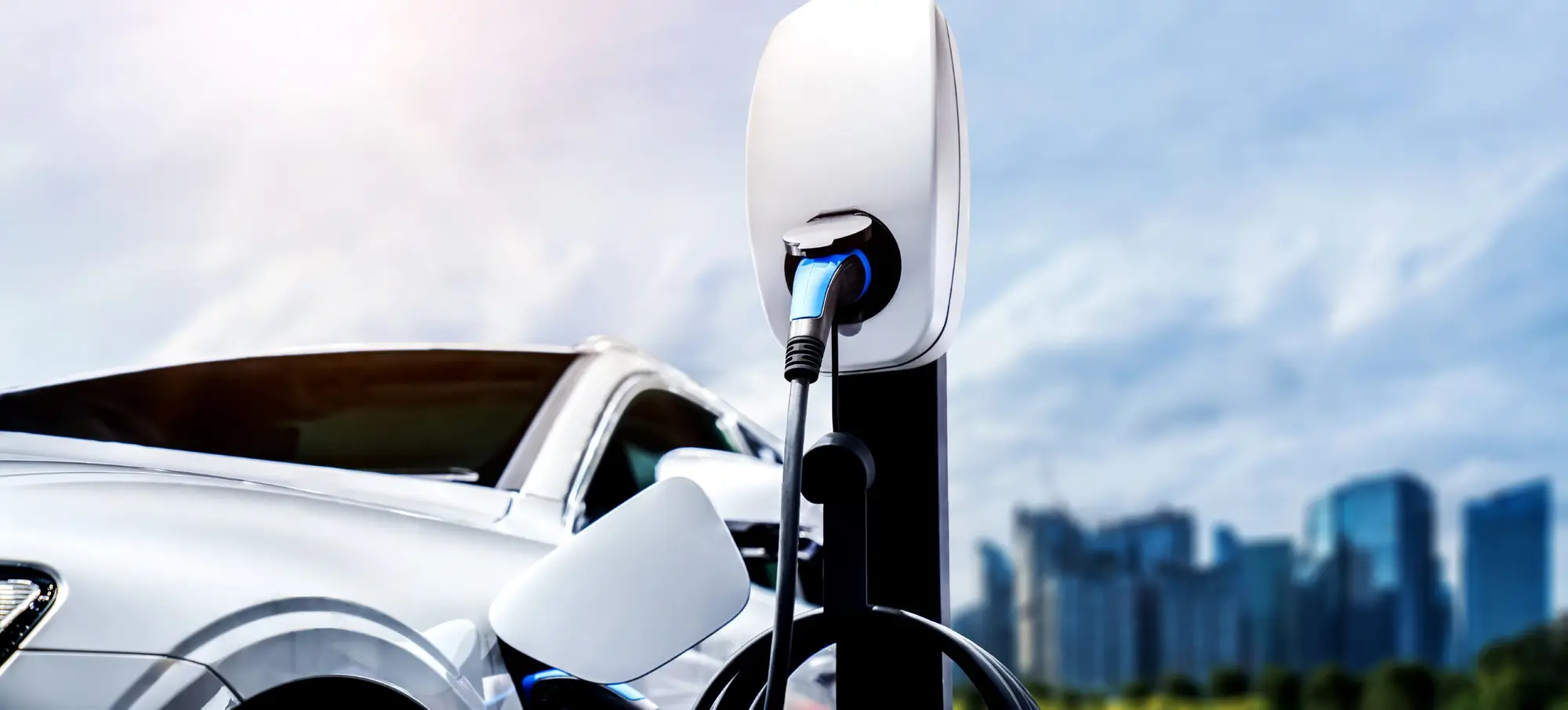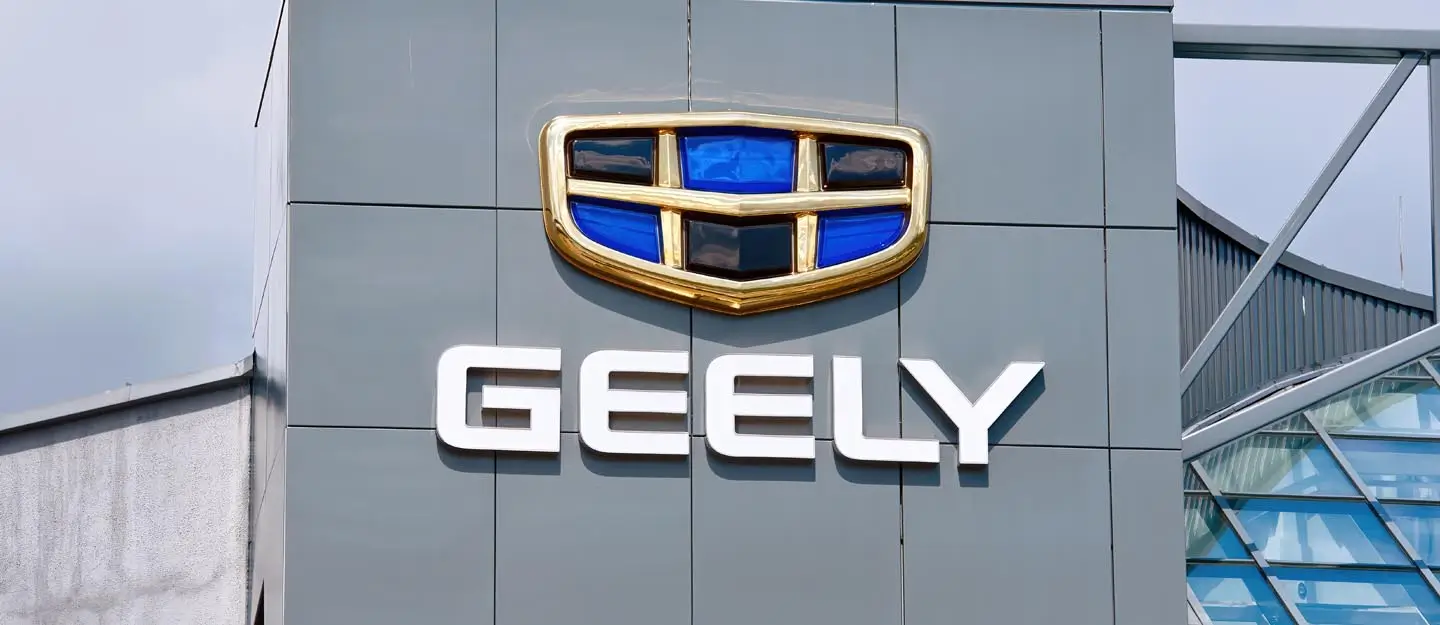Ever found yourself almost stranded with an electric vehicle, desperately searching for a fast-charging station that actually works as advertised? Rivian, the adventurous electric vehicle manufacturer, is rolling out an innovative solution that might just change the game. The new Rivian Charging Reliability Scores are designed to guide owners to the best, most dependable fast chargers. This feature not only promises to enhance the EV charging experience but also aims to mitigate one of the most pressing concerns of electric vehicle owners: charger reliability.

What You Need to Know About Rivian Charging (PDF)
The Challenge of Charging Electric Vehicles
Navigating the landscape of electric vehicle charging in the U.S. is often fraught with uncertainties. From chargers that are out of service to those that fail to deliver the fast charging speeds they boast, the reliability of EV charging stations has been inconsistent at best. This variability can be a significant deterrent for current and prospective EV owners alike.
Rivian’s Innovative Approach
Rivian’s latest feature, the Charging Reliability Scores, is set to transform this haphazard scenario. Here’s how it works:
- Data Collection: Each time a Rivian is plugged into a fast charger—whether it’s part of Tesla’s network or another—the vehicle’s onboard computers collect essential data. This includes charging speed, payment data, and overall session success.
- Score Calculation: This data is then aggregated to create a reliability score ranging from A (excellent) to F (fail). It represents the likelihood of a hassle-free charging experience at that station.
Practical Application
What makes Rivian’s approach standout is how this data is utilized:
- Smart Navigation: Rivian’s in-built navigation system integrates these scores, directing drivers to the best available chargers along their planned route.
- Infotainment Display: The reliability scores are prominently displayed on the vehicle’s infotainment system and can also be accessed via the Rivian mobile app.
- Detailed Charger Insights: Drivers receive comprehensive information about each charger, including network type, average top speeds, and pricing, which are juxtaposed with the vehicle’s own charging capabilities to recommend the best options.
| Charger Location | Network Name | Reliability Score | Top Speed | Price per kWh |
|---|---|---|---|---|
| Downtown, City A | Network X | A | 150 kW | $0.30 |
| Highway 101, Spot B | Tesla | B | 250 kW | $0.25 |
| Mall Parking, City C | Network Y | C | 100 kW | $0.35 |
Real-World Impact
For Rivian owners, this means less time spent at unreliable charging stations and more time enjoying their journey. The system not only prioritizes high-score chargers but also simplifies the payment process across various networks, including Tesla Superchargers, using the linked card in the Rivian app.
Gradual Rollout
It’s important to note that while the feature is already available via an over-the-air update, reaching a comprehensive coverage in terms of data will take time. The effectiveness of the Charging Reliability Scores will enhance as more data is collected from user experiences.
Conclusion
Rivian’s Charging Reliability Scores represent a significant step forward in addressing one of the electric vehicle industry’s most persistent challenges. By leveraging real-time data and user feedback, Rivian not only improves the user experience but also encourages more drivers to transition to electric vehicles. This feature could serve as a benchmark for the industry, potentially leading other manufacturers to adopt similar strategies. For Rivian owners, this update means the road ahead just got a little smoother—and a lot more reliable.




